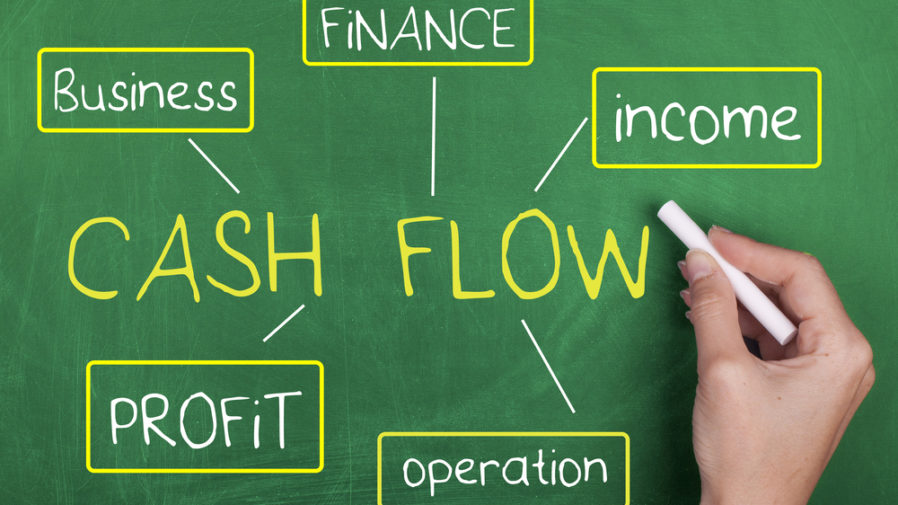
Now might be the time to think about new equipment for your company. Your business year-end, not 5 April, is relevant for capital allowances purposes. If however you are running a business and making up accounts to 31 March or 5 April you should consider buying plant and machinery to take advantage of the £1 million Annual Investment Allowance (AIA).
The AIA provides a 100% tax write-off for equipment used in your business. This tax relief extends to fixtures and fittings within business premises such as electrical, water and heating systems.
AIA does not apply to motor cars but there is a special 100% tax relief if you buy a new car that emits no more than 50g CO2 per kilometre.
Need more information?
If you need any more guidance on this subject matter please do not hesitate to contact our team of chartered accountants. We offer a wide range of services which are unique to your business and can work with you to help make your business tax efficient. Our team of chartered accountants have a wealth of experience in a broad range of sectors, from construction and property to the charity sector. Our team work hard to ensure they create smart and effective tax-efficient solutions for start-ups to optimise growth and help them succeed. If you want to learn more about how the team can help or simply want some start-up advice from a trusted accountant do hesitate to contact us. For more information please do hesitate to contact us on 0161 962 1855. Alternatively you can email us using the form below and we will contact you as soon as possible.
Our fantastic team at A&C Chartered Accountants are here to help.












